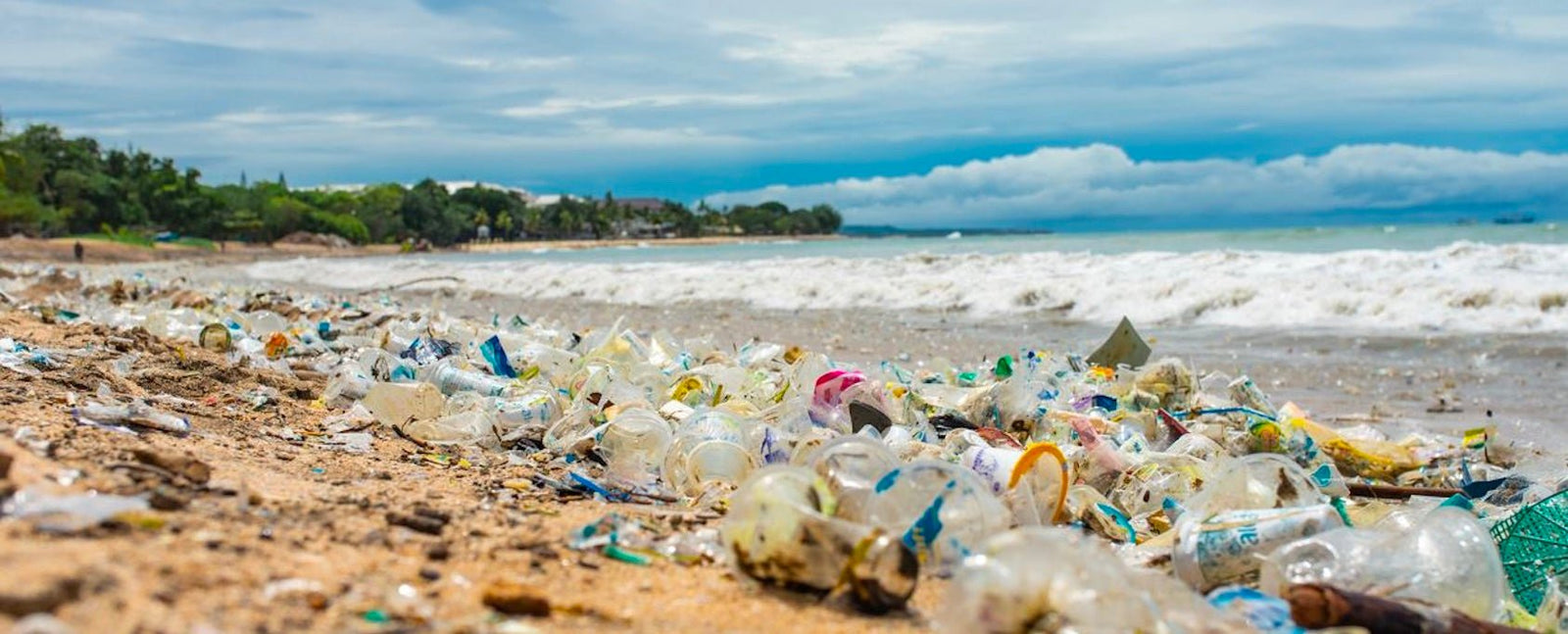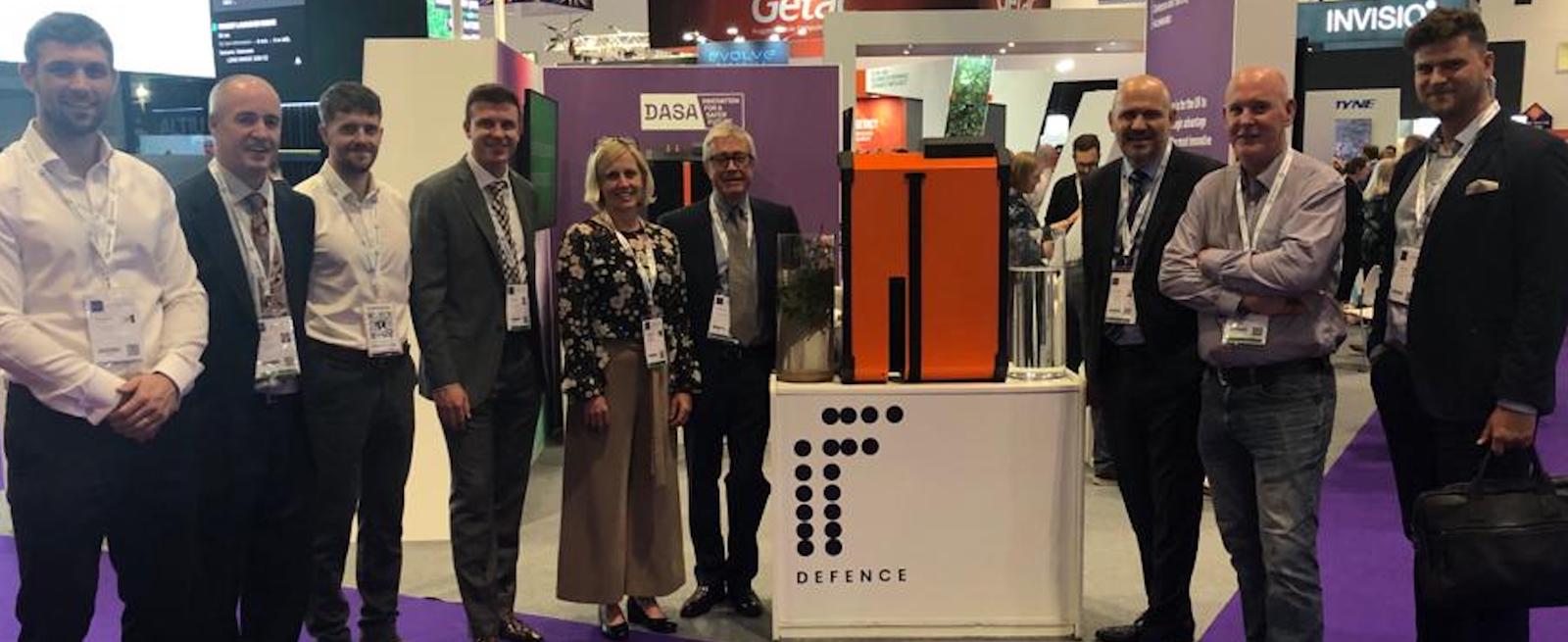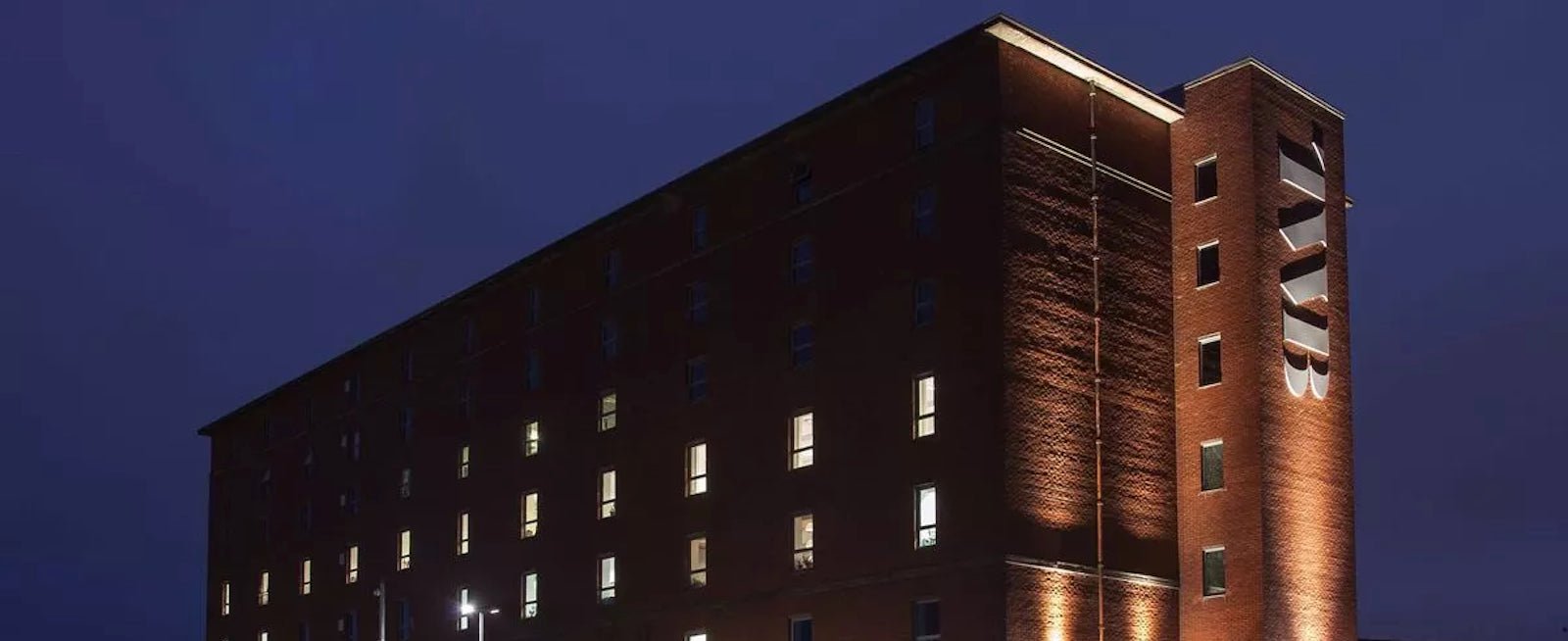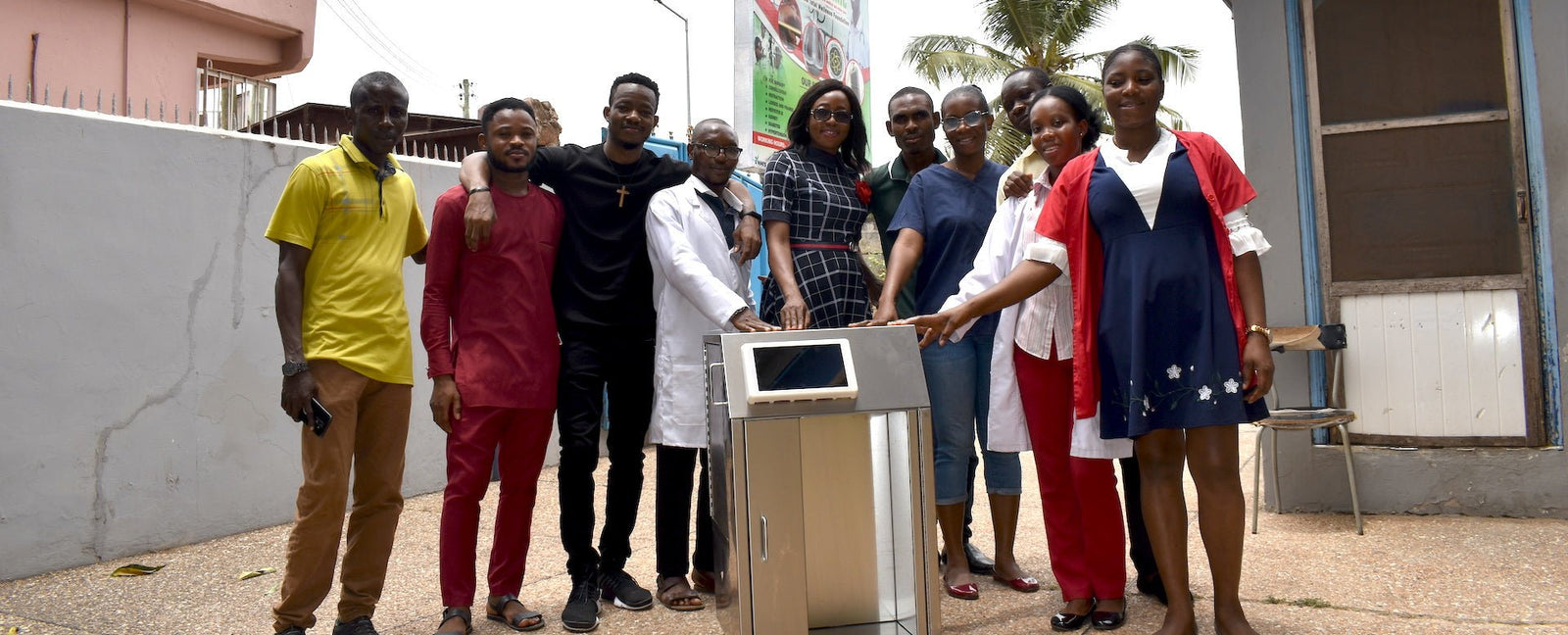
The Ghana Story
by Duncan Peters September 07, 2022 3 min read
Medical Water Shortage
The statistics are compelling - one in three Africans faces water scarcity and, in sub-Saharan Africa (SSA), around 400 million people have no access to basic drinking water.
While there is some level of awareness in the West about that fact, what many of us don’t appreciate is the equally serious lack of good quality medical water used for sterilisation and hygiene in many African countries.
Highest Quality
Our mission at Novus is to develop our innovative technology to deliver the highest quality water to the places it’s most needed.
Challenging Issues
Ghana in West Africa has a population of more than 31 million people. Despite its comparably well-developed health system within SSA, the country faces extremely challenging issues related to poor hygiene and sanitation (James Lind Institute, 2018).
Medical water is not easy to access, costing up to USD$4.99 per 10ml (Pfizer Injectables, 2020), and that, in turn, leads to lower hygiene and care levels. As a result, certain medical procedures are not conducted locally for those most in need of urgent treatment.
In 2017, SSA and Southern Asia accounted for approximately 86% (254,000) of the estimated global maternal deaths. SSA alone accounted for roughly two-thirds (196,000) of maternal deaths (World Health Organisation).
That lack of both supply and quality is a key factor in the often poor standard of treatments available in many African communities, something which often leads to secondary infection and, in many cases, deaths which might otherwise have been avoided.
This lack of access to reliable distilled or medical water means that many facilities, particularly those in rural areas, cannot deliver the kind of care which many of us take for granted. That, in turn, forces many patients to travel long distances to access the treatment they require.
Trusted Treatment
The easiest way to increase hygiene is through equipment sterilisation (labconco, 2015) which leads to safer, more trusted treatment and reduces the high Ghanaian likelihood of hospital acquired infections (Journal of Hospital Infection, 2019).
In early 2020, as part of a partnership project with Challenges WorldWide (www.challengesworldwide.com), we carried out a six-month feasibility study to establish what the requirements on the ground were in Ghanaian medical facilities.
The country has around 4,000 healthcare facilities (Pharma Access Group, 2016), ranging from a few well-connected, well-funded regional hospitals to a large number of small, remote and under-funded static and mobile clinics.
This diversity means Ghana was an ideal testing ground to provide us with a real understanding of the medical sector’s differing needs.
Expanding Healthcare Reach
The result has been the production of a bespoke product which takes into account Ghana’s unique challenges and requirements, making it fit for purpose for both centralised hospitals and local health clinics.
We’re now using our technology to enable medical grade water to be produced efficiently, in terms of energy and space, in greater quantities than the competition and, crucially, at a reduced cost.
There has been overwhelming demand for our technology which, as we’ve been able to show, has the capability to expand the reach of healthcare from large cities into rural areas. By increasing disinfection and sterilisation, facilities will be able to significantly reduce the transmission of infectious pathogens to patients (cdc.gov, 2008).
Making A Difference
Our focus now is on the early part of 2022 when we will roll out demonstrations of our technology in a number of the hospitals and clinics we identified as part of the feasibility study.
Being able to make a difference in a country like Ghana which currently faces such challenges in accessing medical grade water is really inspirational for our team and reinforces our view that our technology has the capacity to deliver clean water anywhere in the world.
Get more out of IF
Join our mailing list to learn more about our innovative technology, be the first in line to experience its benefits, and join a community of people who want better water and better health.

